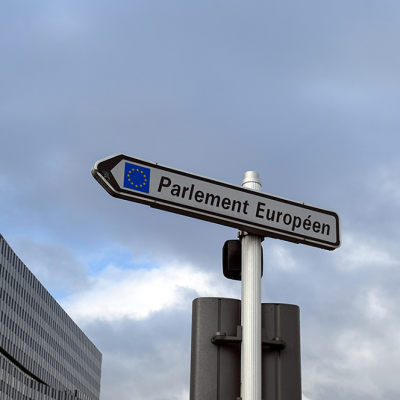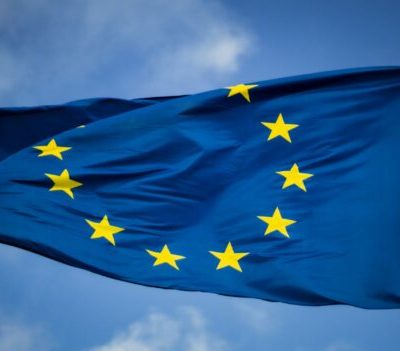European democracy put to the test by the globalisation of crises
Newsletter November 2023

In the face of complexity, the temptation is often to caricature and democracy is being put to the test. The polarisation of debates and positions, the violence of criticism and the tendency to withdraw into oneself or between oneself are becoming dangerous automatisms. Admittedly, social networks and 24-hour news channels have a lot to do with this. Continuous access to dramatic events live and via the very experience of those affected shocks and creates understandable emotion.
However, this emotion should not be the compass for political reactions. On many issues, Europeans have long defined common positions that are often all the more balanced and fair because they are the result of a compromise between very different histories, experiences and interests. It is a question of agreeing on the founding principles of European integration, including the rejection of war, respect for international law and attachment to freedoms and the rule of law. And it is all these elements that guide the development of a common reaction.
It is also interesting to note that, faced with the terrible terrorist attacks in Israel on October 7th, the public reacted more unanimously and more closely to the common and historic position of Europeans, who probably saw no contradiction in strongly condemning the odious crimes perpetrated by Hamas, recognising the right of Israelis to defend themselves, being concerned about the fate of the Palestinian population and calling for humanitarian support. However, it took no less than 3 weeks and 5 hours of bitter negotiations for the European states to reach the same conclusions at the European Council meeting on October 27th, and then a few more hours to divide once again during a vote at the United Nations.
Isn’t democracy the ability to listen to one another, and for the people’s representatives to act in the general interest and in accordance with sovereign law? When did we lose sight of these obvious facts? From this point of view, the war in Ukraine was an interesting textbook case. Support for Ukraine was immediate and continues to be shared by a majority of Europeans, states and citizens alike.
If we do not want to be relegated to the status of secondary players, Europeans will have to learn how to deal with crises in our neighbourhood or further afield, and with their consequences, both local and global. The challenge of this work is also internal to the European Union. Faced with these multiple crises, but also beyond these crises, faced with the challenges posed by climate change, inflation and the fear of downgrading, the absence of cohesion reinforces the feeling of powerlessness and the perception of collective and individual risks. In a democracy, these vulnerabilities are expressed at the ballot box during elections, and generally not in the best possible way.
The sequence of elections in the European Union in October is interesting from this point of view, despite the very different results in Slovakia and Poland. It remains difficult at this stage to predict the political direction of the new Polish government and the room for manoeuvre it will have, but the Polish elections show that even in a highly polarised political climate, there is no such thing as a foregone conclusion, provided that voters, particularly young people, can be persuaded to turn out en masse to defend their ideas and ideals. November will also see an election in the Netherlands, the outcome of which is relatively open since, after 12 years in power, Prime Minister Mark Rutte has decided to retire from politics. Stay tuned…
Sylvie Matelly
Director of the Jacques Delors Institute




